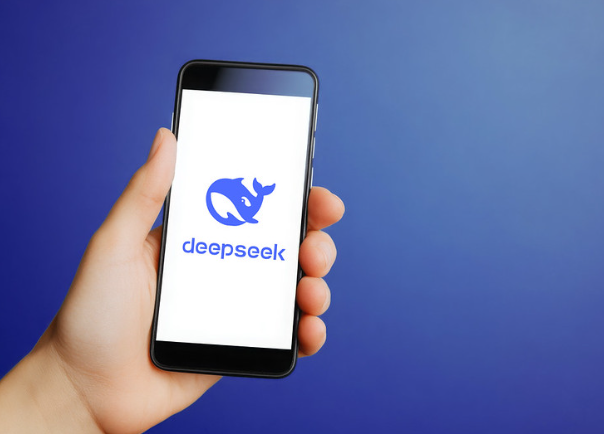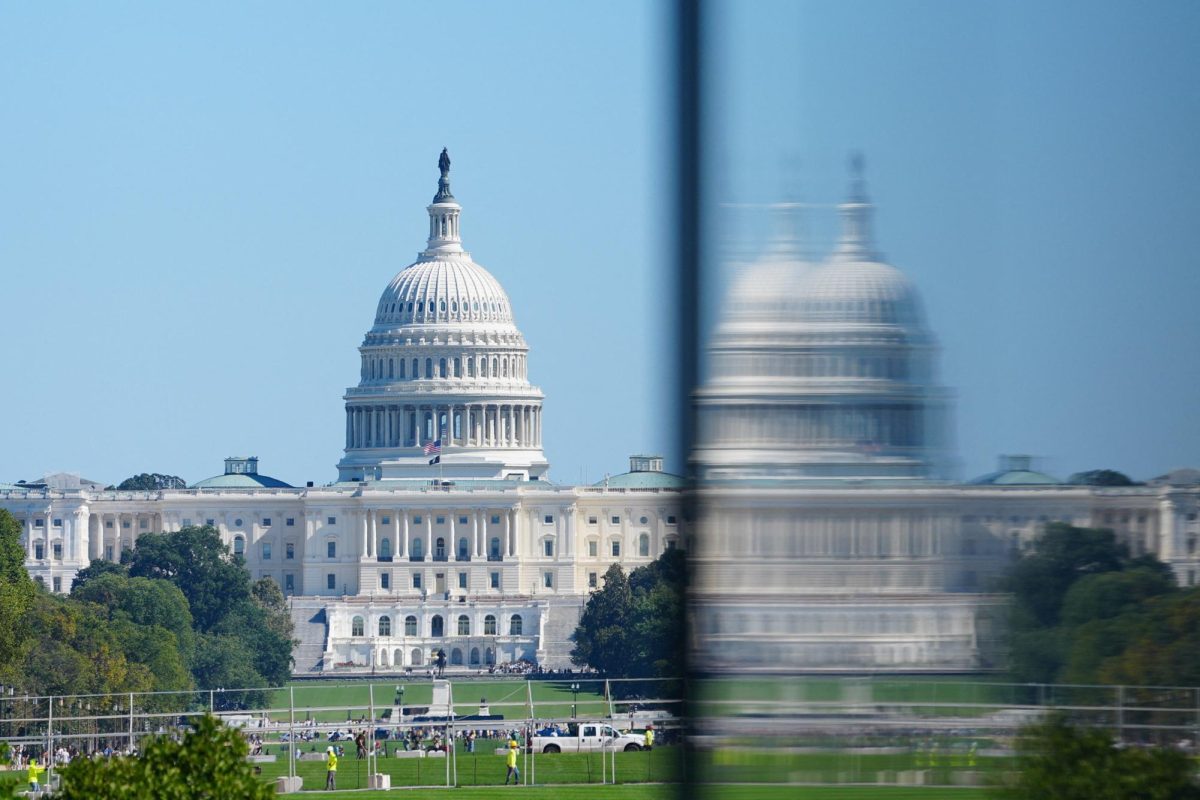As artificial intelligence continues to grow in influence, a new player, DeepSeek AI, is attracting attention for its advanced capabilities. It also raises important questions about privacy, censorship and the control of information. Based in China, DeepSeek aims to compete with established AI models like OpenAI’s ChatGPT and Google’s Gemini. The current R1 model of the platform launched on Jan. 20, 2025, after enduring significant updates since its first upload in December 2023. While its capabilities have impressed some users, concerns about privacy and government influence have sparked debate.
DeepSeek AI has developed chatbots and language models that function similarly to popular AI assistants. It provides users with conversational responses, generates text and offers translations. Some reports suggest that DeepSeek’s model performs well, showing promise in various applications.
The launch of DeepSeek AI as an open-source model reached and sent shockwaves through American financial markets. On Jan. 27, 2025, major tech stocks experienced significant declines; Nvidia’s stock plummeted by up to 18 percent, Microsoft decreased by 2.5 percent, Alphabet, Google’s parent company fell over four percent and major chip equipment maker ASML dropped more than seven percent. According to a major international finance reporting source, Reuters, this collective downturn resulted in approximately $593 billion being wiped from the market capitalizations of AI and computer hardware companies. All these platforms are yet to recover entirely from this crash.
The Times reports about the reactions of the U.S., claiming Western tech giants like Amazon, Alphabet, Microsoft and Meta announced they plan to invest over $300 billion in AI infrastructure in 2025, aiming to bolster their positions in the rapidly evolving AI landscape.
Despite its effectiveness, it is still crucial to recognize that the company is still relatively new. It has yet to establish itself as a major competitor in the AI field, where American companies like OpenAI and Google currently dominate. Still, with China investing heavily in AI development, DeepSeek has the potential to grow quickly.
Concerns and discussions surrounding DeepSeek about how it handles user data have risen significantly since the inauguration of President Trump, considering his stance on privacy from the Chinese government. Unlike many Western AI companies, DeepSeek has stated that user data from the U.S. is sent to China. This has raised alarms among privacy advocates, especially given China’s strict internet regulations and history of government surveillance.
“Laws and regulations prohibit the spread of information that contains content subverting state power, undermining national unity [or] infringing upon national honor and interest,” Wang Chen, then head of China’s State Council Office said.
That behavior highlights the Chinese government’s control over information and how it extends to AI models. While DeepSeek claims to follow data security practices in its terms and conditions and other sources, there is very little transparency about how user information is stored or used. This has led some experts to caution against using AI for sensitive topics or personal inquiries.
In direct discussion with tech experts, such as Sam Altman, chief executive of OpenAI, President Donald Trump expresses concerns about DeepSeek AI, particularly regarding its potential to influence U.S. users and the possibility of it promoting censorship. He referred to the launch of DeepSeek’s chatbot as a “wake-up call” for the United States.
“There’s substantial evidence that what DeepSeek did here is they distilled the knowledge out of OpenAI’s models,” David Sacks, President Trump’s AI advisor, said.
Another key issue is censorship. Some users have reported that DeepSeek avoids or restricts discussions about topics sensitive to the Chinese government. This includes political issues, human rights and criticism of the Chinese leadership.
China has strict regulations on online content and other various AI models trained within the country must follow these rules. This raises concerns about bias and limits on free speech, particularly for users outside China who may expect a more open discussion from AI tools.
The censorship issue with DeepSeek is significant for Americans because it threatens freedom of speech and access to unbiased information. This inevitably limits the variety of viewpoints available to users and raises concerns about how Americans engage with global events or political issues. For high school students and young users, understanding the potential impacts of these tools—whether in terms of privacy, censorship or bias—is more important than ever.
Despite these concerns, DeepSeek has the potential to impact the AI landscape. With China’s government supporting technological growth, the company may continue to expand and improve its models. However, its success outside of China may depend on whether it can address privacy and censorship concerns.
For now, DeepSeek remains a developing story. Users and experts alike will be watching closely to see how it evolves in an industry that is rapidly shaping the future of technology.
As we navigate this new era, it’s crucial to stay informed, question what we encounter online and make choices that prioritize a free, open exchange of ideas. The future of AI is still unfolding, and how we engage with it today will shape the world of tomorrow.
Photo Credit: “deepseek auf dem Smartphone” by Tim Reckmann is licensed under (CC BY-NC 2.0)









